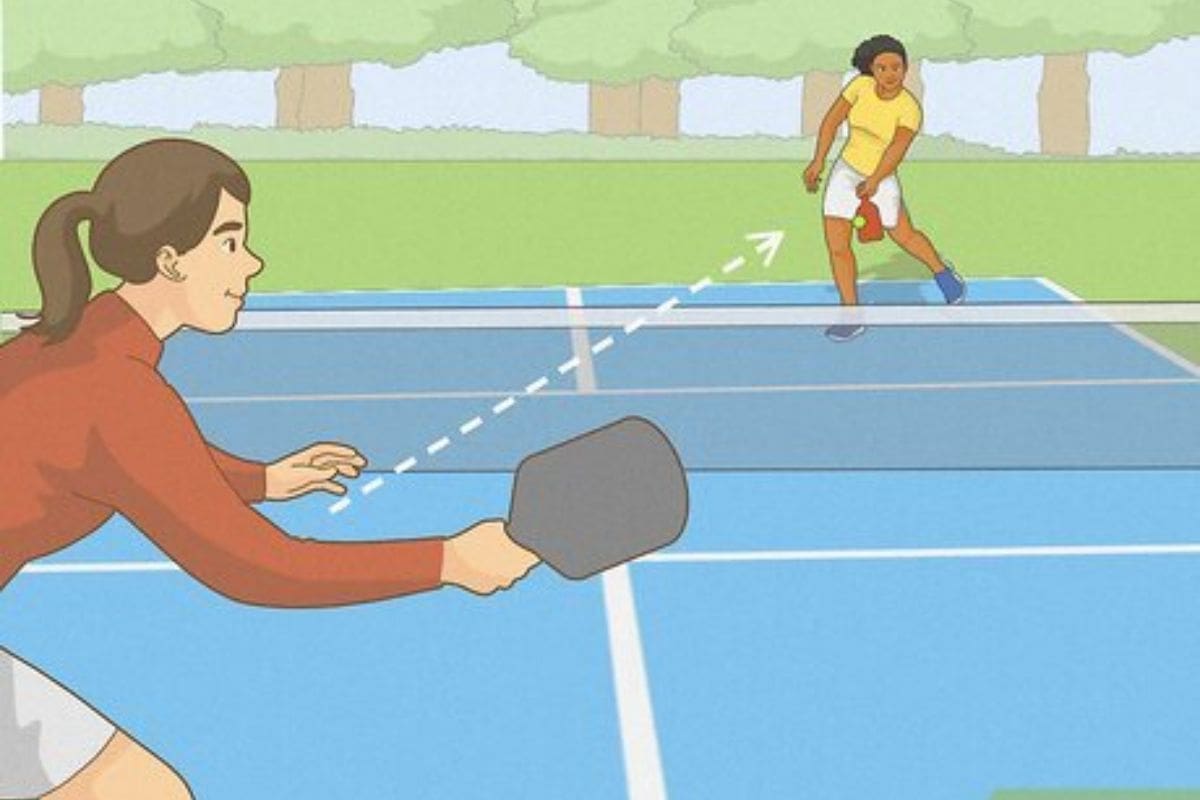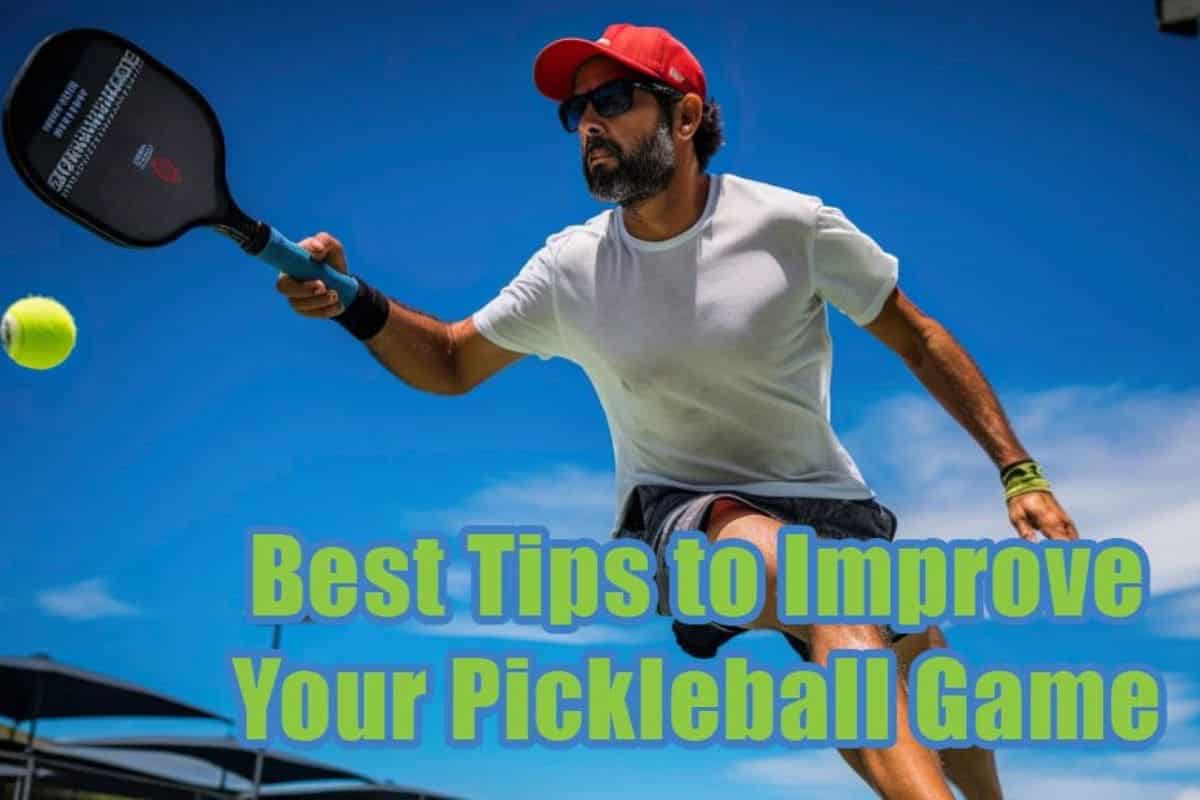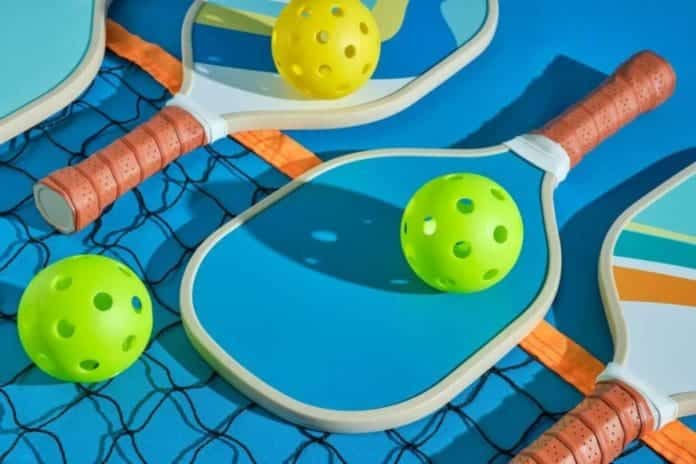How Quickly Can You Master Pickleball: Pickleball, with its growing popularity and appeal, invites players of all ages and skill levels to take up the paddle. However, the journey from beginner to proficient player involves a mix of dedication, practice, and strategic learning. Here’s an in-depth look at what it takes to improve in pickleball and how long it typically takes to reach various levels of expertise.
The Timeline for Improvement
Initial Progress: For newcomers, noticeable improvements can often be seen within the first three to six months of regular play. During this period, players typically focus on mastering the basic skills required for the game, including serving, returning, and understanding the scoring system. This initial phase is crucial for building a solid foundation in pickleball.
Intermediate Development: Advancing to an intermediate level usually requires an additional year or two of consistent practice. Players at this stage begin to refine their techniques and develop more complex strategies. Regular play, combined with targeted drills and perhaps occasional coaching, helps players transition from basic competence to more distinct and strategic play.
Advanced Proficiency: Achieving a high level of proficiency or becoming an advanced player can take several more years. This level involves not only technical skills but also strategic understanding and the ability to adapt to various playing styles. Mastery at this stage often requires thousands of hours of practice and competitive play, as well as insights gained from observing professional matches and learning from high-level players.
Importance of Consistent Practice
Structured Drills: Regular practice is essential, but it’s the quality of practice that often makes the difference. Incorporating specific drills into practice sessions helps players focus on particular skills. For example, practicing serves, returns, and strategic positioning through targeted drills can significantly enhance a player’s abilities. Drills like skinny singles, where players focus on hitting within a narrow court area, and the slinky drill, which emphasizes moving quickly and adjusting position, are effective for improving specific aspects of the game.
Video analysis for pickleball: Recording and analyzing gameplay can provide valuable insights. By reviewing footage, players can identify patterns, recognize areas of weakness, and track progress over time. This self-assessment tool helps players understand their performance better and make necessary adjustments to their game.

The Role of Coaching
Personalized Feedback: Working with a coach can accelerate improvement by providing personalized feedback and pickleball drills practice plans. A coach can identify specific areas of weakness and offer tailored Pickleball Drills and strategies to address these issues. Even a few sessions with a skilled coach can provide significant benefits and help players advance more quickly.
Group Lessons: For those looking to improve without a significant financial investment, group lessons or clinics are a practical alternative. These sessions often offer valuable insights and pickleball drills practice in a more cost-effective manner, while still benefiting from the expertise of experienced instructors.
Balancing Play and Practice
Frequency of Play: Regular play is crucial for skill development, but the frequency of play also impacts progress. While playing multiple times a week is ideal, balancing this with focused practice sessions is essential. Integrating specific pickleball drills into playtime can enhance skills more effectively than casual play alone.
Playing Against Varied Opponents: Engaging with opponents of varying skill levels exposes players to different strategies and challenges. This experience helps players adapt and refine their pickleball techniques, contributing to faster and more comprehensive improvement.
Navigating the Competitive Landscape
Increasing Competition: The rising popularity of pickleball has led to more players and a higher level of competition. This increased competition can make personal progress feel slower as players encounter more skilled opponents. Adapting to this evolving landscape requires continuous improvement and the ability to handle more challenging matches.
Embracing the Learning Curve
Overcoming Plateaus: It’s common for players to experience periods where progress seems to stall. Understanding that plateaus are a natural part of the learning process can help maintain motivation. Focus on the enjoyment of the game and celebrate small victories to stay engaged and motivated.
Enjoyment and Growth: Balancing the desire for improvement with the enjoyment of the game is crucial. Players should strive for progress while also appreciating the fun and satisfaction that pickleball brings. This balanced approach can enhance the overall experience and keep players motivated in the long run.
Pickleball Practice Pro Tips for Elevating Your Game
- Mastering pickleball serve: A well-executed serve can set the tone for each point. Practice different serve pickleball techniques to add variety and keep opponents guessing.
- Focus on Soft Shots: Effective dinks and soft shots can greatly enhance gameplay. Mastering these pickleball techniques makes a player more versatile and harder to predict.
- Strategic Positioning: Understanding optimal positioning on the court is crucial. Good positioning relative to opponents and teammates can provide a significant tactical advantage.
- Incorporate Drills: Regularly include drills in practice sessions to work on specific skills and address weaknesses. Pickleball Drills lead to quicker and more effective improvements.
- Observe and Learn: Watching professional pickleball matches can offer valuable insights into advanced strategies, shot selection, and game management.
Improving in pickleball is a rewarding journey that requires time, practice, and dedication. The exact duration to become proficient varies for each player, depending on factors such as prior experience, physical fitness, and the quality of practice. By focusing on consistent and targeted practice, seeking coaching, and embracing the learning process, players can enjoy steady progress and continued growth in the sport.

News in Brief: How Quickly Can You Master Pickleball
Improving in pickleball involves dedication, practice, and strategic learning. Beginners can see noticeable progress within 3-6 months by mastering basics like serving and scoring. Reaching an intermediate level usually takes 1-2 years, focusing on refining pickleball techniques and strategies. Achieving advanced proficiency can take several years, requiring extensive practice and strategic understanding.
Key practices include consistent drills, video analysis, and coaching. Regular play against varied opponents enhances skill development. Recognizing plateaus and maintaining motivation is crucial. Pro tips include mastering serves, soft shots, strategic positioning, and observing professional matches. The journey to proficiency is rewarding, requiring time, dedication, and a balanced approach to improvement.
Also Read: Rodney Grubbs Faces Accusations in Pickleball Scandal

